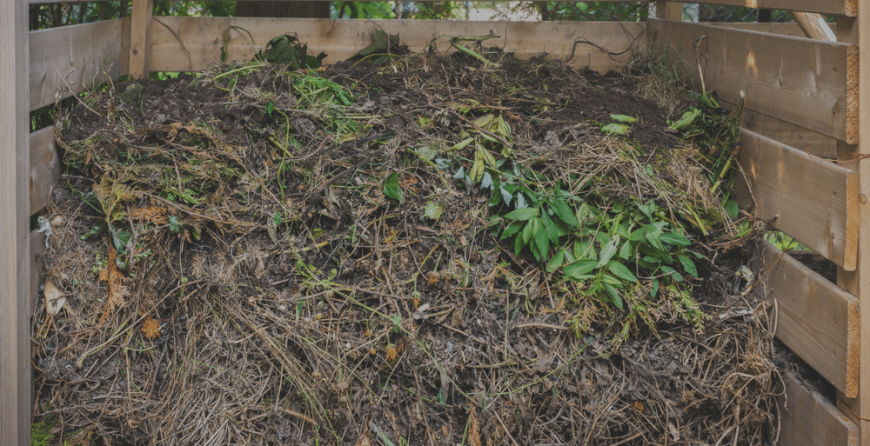
Composting is the process of using organic waste to supplement soil. To put it simply, common organic wastes like kitchen and yard scraps are put into a pile, and then they decompose. That decomposed material can be added to enrich any soil. All the nutrients that were in that material can, in turn, nurture the next generation of crops of plants. Compost is the perfect fertilizer. What makes it even better is that it is something a person can do on their own. It doesn’t even take up much space, and when used in tandem with the right biomarker, composting can renew any organic garden.
Composting during winter can give you amazing fertilizer, and it’s all free. Here are a few tips for producing perfect compost within a few short weeks. The following are tips for successful winter composting.
Mix it up
The different types of organic matter need to be well mixed for the composting bacteria to thrive. Nitrogen and carbon materials need to be in close contact. Also, don’t forget to pile in layers. You should start your pile by layering different materials so that they come into contact, avoiding any large clumps, especially large chunks of green materials, which can quickly decompose into anaerobic clumps. Don’t forget to turn your pile every few days. A compost pile has to be turned every few days to get it aerated.
In essence, “the mix” must be right for effective organic gardening. However, don’t stress about it, but try to keep it green. “Green” waste refers to fresh ingredients, grass clippings, freshly pulled weeds, and vegetable kitchen scraps. Green waste is high in nitrogen. “Brown” waste is high in carbon and refers to dried ingredients including leaves, hay or straw, wood shavings, and so on.
Use juicy stuff
The compost pile needs to constantly moist throughout the whole pile for the duration of the process. The correct moisture level is similar to that of a damp sponge. Make sure to use chopped ingredients when you can. Your ingredients will degrade more quickly if they’re not left to decompose in large chunks. And try to refrain from using animal waste. Wastes like these as well as meat or dairy products in your compost can attract flies and other animals and can cause a foul-smelling mess.
Create the pile all at once
The pile needs to be created all at one time, from materials that you have collected and kept separate until you are ready to make your compost pile. Otherwise, you will be only composting small amounts at a time, and they will all be at different stages.
Give it some oxygen
The compost bacteria which will help turn your materials into rich colloidal humus compost need air, so your compost pile needs airflow.
That being said, try to keep the temperature high. Your compost pile should maintain a fairly consistent temperature of about 65 to 71 degrees Celsius at the center. Using the right container can also help here. In organic gardening, you are free to use virtually ask container you wish. But during the winter you may want to choose a closed container to hep regulate temperature and keep animals out.
Composting isn’t just a great way to recycle your garden clippings and kitchen scraps. It can also provide you with plenty of dark, rich soil that will nourish your organic garden. Follow these tips, and you should be able to produce plenty of fertilizer and save a bunch of money.


